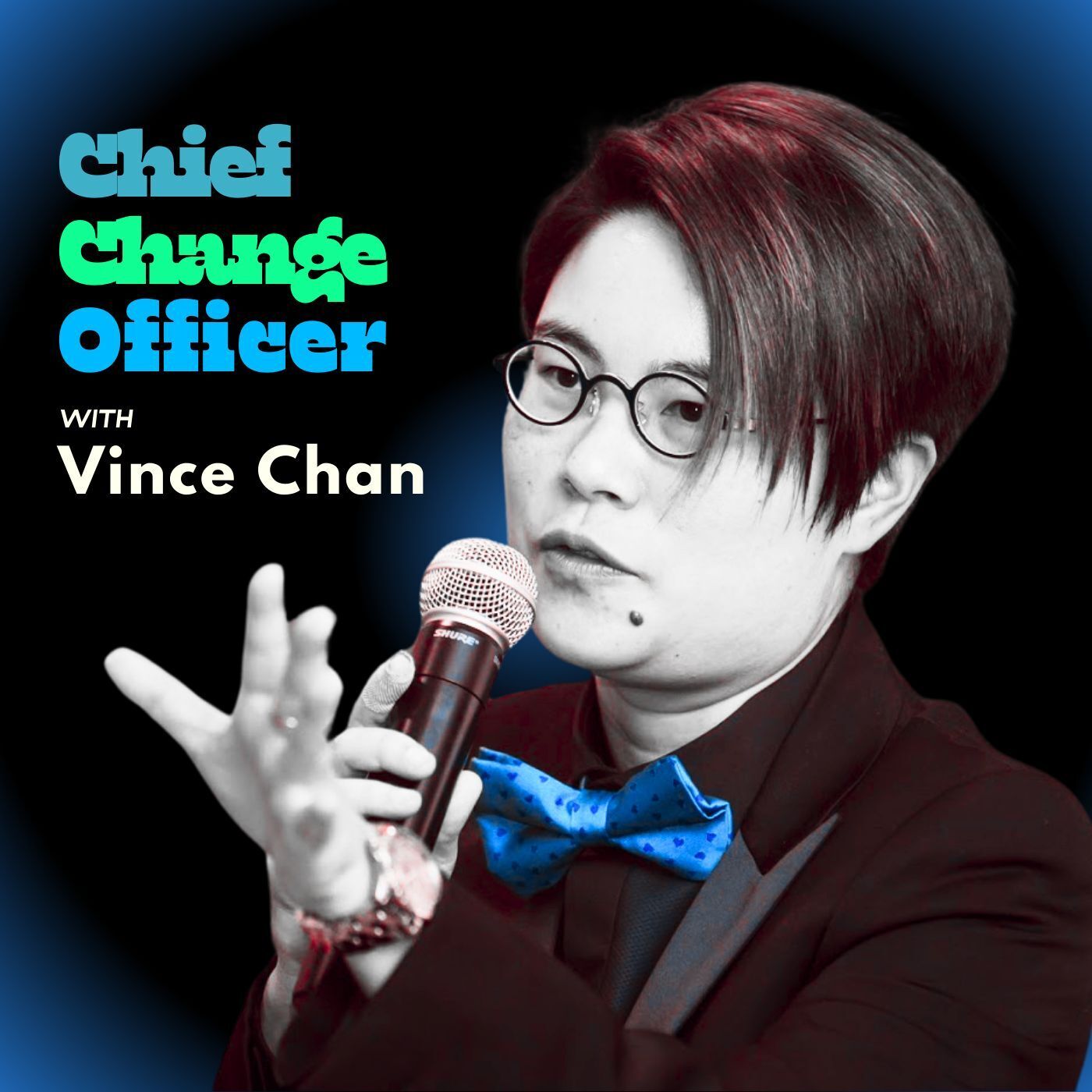#423 Brian Sims: When Truth Gets Political — Part One
In Part One, Brian walks us through the pivotal moments that shaped his path—from coming out as a college athlete to confronting power structures as a civil rights lawyer. He shares how being raised by military parents shaped his moral compass, how football taught him about leadership under pressure, and why he believes his queerness has made him a better, sharper advocate. This is the story of a public servant forged in fire—and not afraid to stay loud.
Key Highlights of Our Interview:
The Day Job and the Gay Job
“There was work I did to earn a living. And work I did to sleep at night.”
Brian’s legal path wasn’t linear—it was moral. Disability law by day, LGBTQ+ advocacy by choice. The real career came when he fused both.
Feminist Lawyer at Age 12
“I told people I wanted to be a feminist lawyer… before I even knew what that fully meant.”
His mother’s defiance of gender roles shaped more than his politics. It gave him a framework for justice—before he ever came out.
Raised by a Combat Nurse with a Crew Cut
“She probably got accused of being a lesbian once a week in the military. It didn’t harden her—it strengthened her.”
Growing up with two military parents meant discipline and love. But it was his mother’s quiet power that taught him to be an upstander, not a bystander.
Coming Out—and Coming Into Power
“My teammates waited until they knew I’d be safe to ask me if I was gay.”
Brian’s coming out wasn’t loud—it was supported. That emotional safety net shaped how he now builds space for others.
From Closet to Capitol
“Eight months before I took office, I knew I was the only out person in the room. But I also knew I wasn’t the only one.”
Brian didn’t just fight for LGBTQ+ rights—he stood up for racial justice, reproductive rights, and equality as a full strategy. Being gay got him elected. Being an ally kept him effective.
_______________________________
Connect with us:
Host: Vince Chan | Guest: Brian Sims
--Chief Change Officer--
Change Ambitiously. Outgrow Yourself.
Open a World of Expansive Human Intelligence
for Transformation Gurus, Black Sheep,
Unsung Visionaries & Bold Hearts.
EdTech Leadership Awards 2025 Finalist.
20 Million+ All-Time Downloads.
80+ Countries Reached Daily.
Global Top 1% Podcast.
Top 5 US Business.
Top 1 US Careers.
>>>200,000+ are outgrowing. Act Today.<<<
See Privacy Policy at https://art19.com/privacy and California Privacy Notice at https://art19.com/privacy#do-not-sell-my-info.
Press play and read along
Transcript
Transcript is processing—check back soon.





